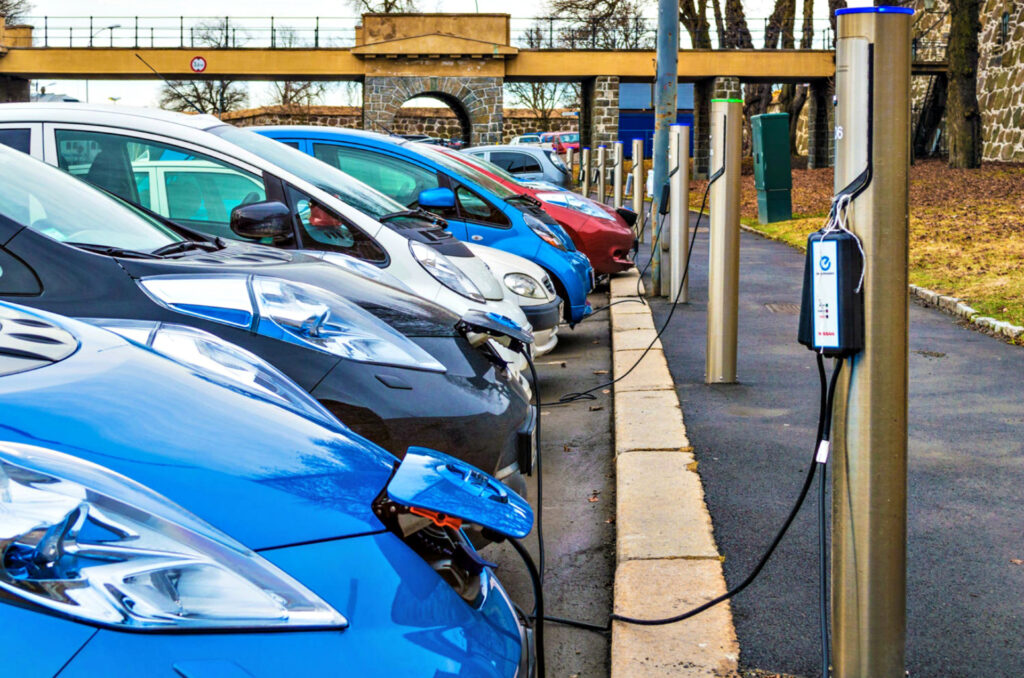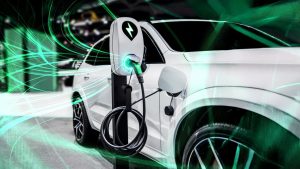
China Forecasts to Exceed Electric Vehicle Sales Estimated for this Year

According to estimates by the automotive industry, 5.5 million electric cars are projected to be on the streets of China by 2022. It seems that this number will fall short at the end of this year, since expectations were clearly exceeded in the first half of the year.
Due to high sales in July, the China Passenger Car Association raised its forecast for electrified car registrations to 6 million.
486,000 units were registered in China during July, representing 27% of the new car market. According to the association, total sales of new energy passenger cars increased by 20% year-on-year to 1.84 million. These figures represent a doubling of sales of this type of car compared to 2021 (2.99 million).
Leading Companies
Tesla continues to dominate the marketing of vehicles with these new technologies, despite the fact that other manufacturers have cut back due to their transition strategies.
The company headed by Elon Musk delivered 28,217 cars. Of these, 8,461 were destined for the local market and 19,756 were exported, mostly to Europe and Asia. It should be noted that the brand experienced a sharp 64% drop in June due to production closures to upgrade the Shanghai factory.
The goal is to double the plant’s annual production capacity to 1 million vehicles.
For its part, BYD, which earlier this year ended production of cars that run only on fossil fuels, reported monthly sales of 162,530 units of both pure electric and plug-in hybrid vehicles.
Public Sector Importance
The key to China’s continued leadership in the electric vehicle market is government policies, which have provided significant incentives to the automotive industry.
For example, in May this year, the central government cut purchase taxes on some low-emission cars by 50%. For their part, municipal authorities contributed subsidies and incentives to attract buyers.
Despite sporadic outbreaks of COVID-19 in parts of the country, automotive production and supply chains have almost fully recovered.





